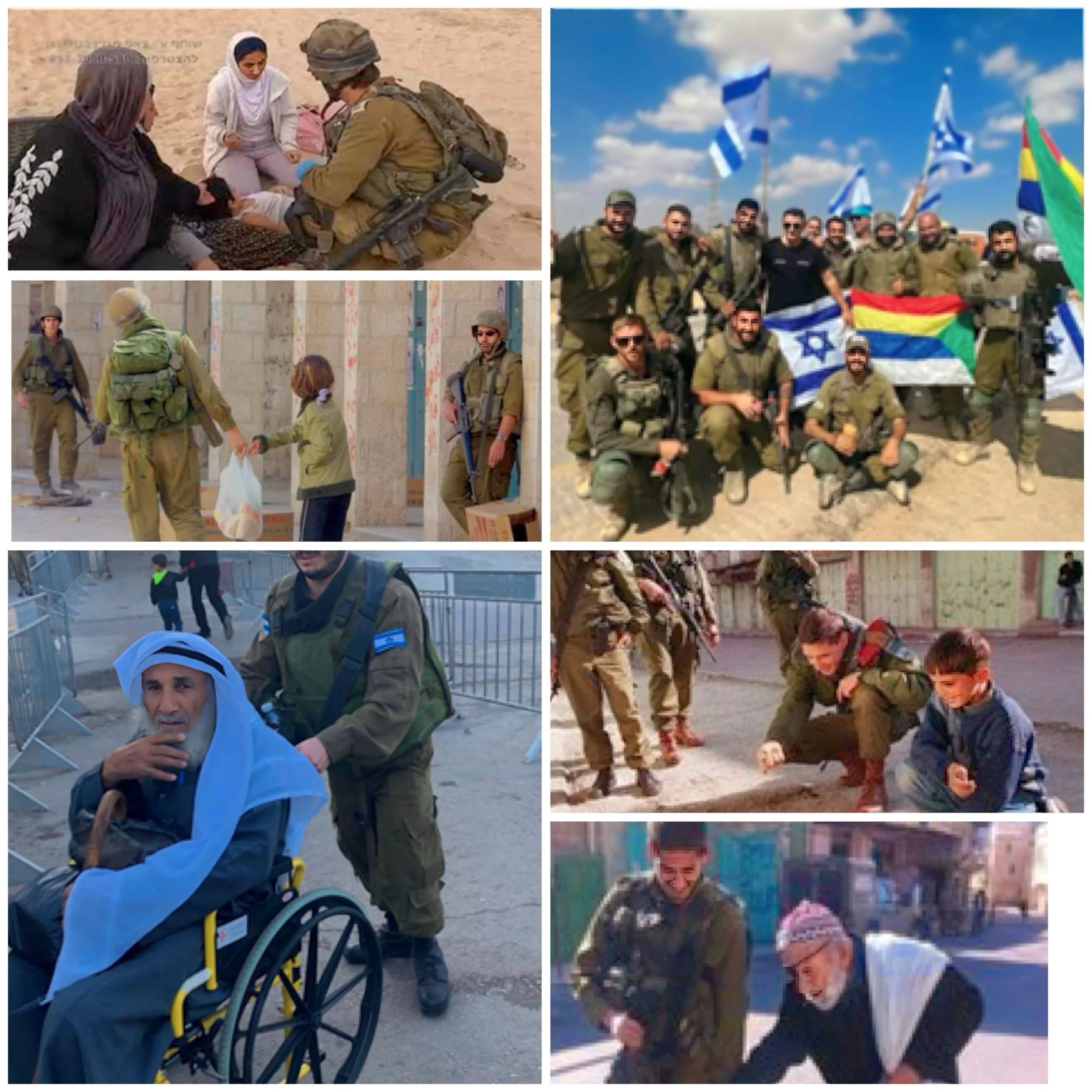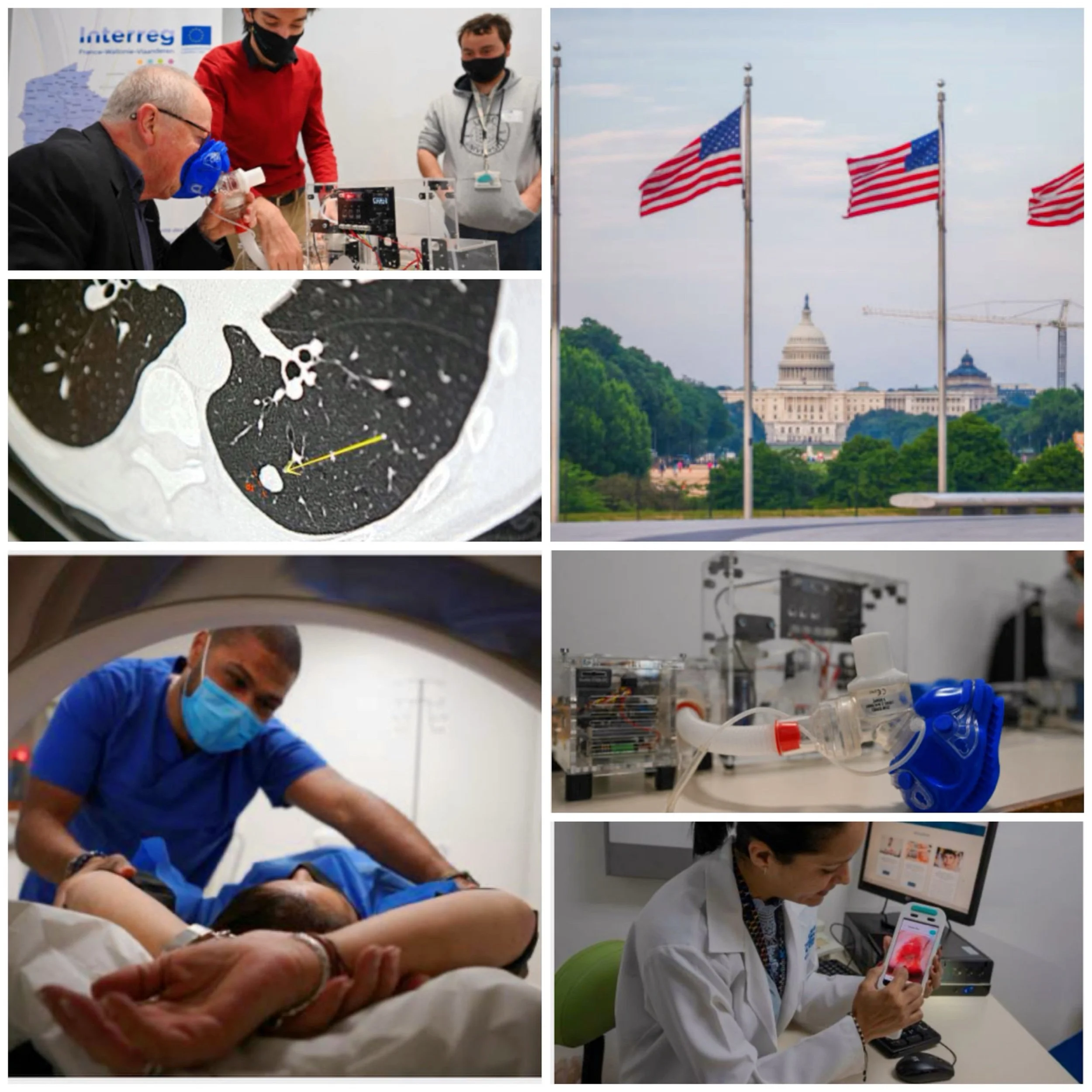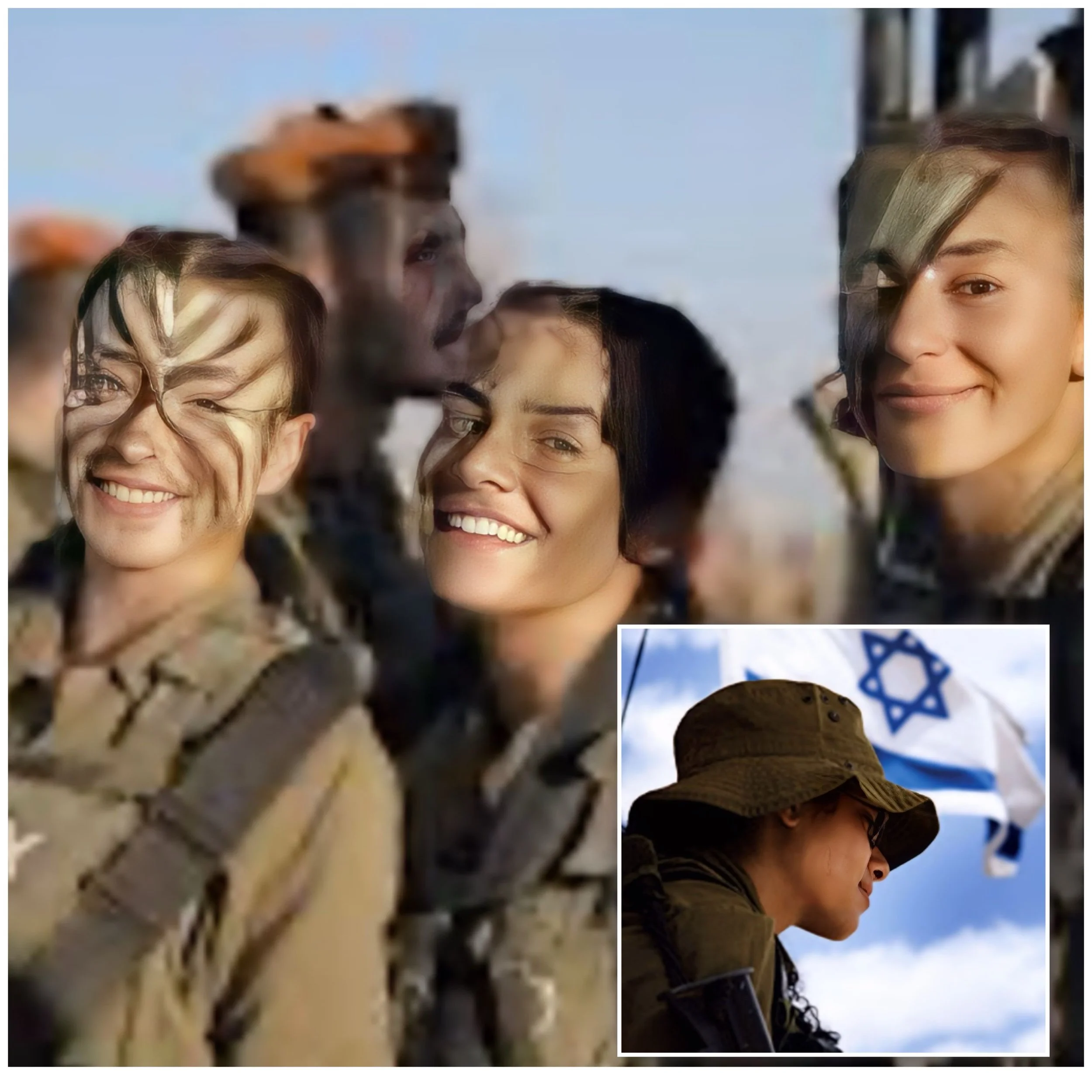The Ethical Foundations and Humanitarian Efforts of the IDF-Meital Ginzberg
Introduction
My time in the Israel Defense Forces (IDF) instilled in me the importance of human dignity, accountability, and upholding values. The IDF operates according to "Ruach Tzahal" (The Spirit of the IDF), an ethical code crafted by Professor Asa Kasher and embedded into training programs, such as the officers' training school. This code reflects a commitment to transparency, humanity, and the judicious use of force.
While no organization of this size is perfect, and individual misconduct occasionally occurs, these incidents we are witnessing on social media do not represent the broader ethical commitments of the IDF. They are addressed with accountability and constant efforts to improve oversight mechanisms.
Before rushing to judgment—or X-ing out of this blog—I invite you to explore the values, challenges, and efforts that define the IDF, not only in defense but also in striving for humanity and dignity under the most difficult circumstances.
Why Was the IDF’s Ethical Code Created?
The IDF's ethical code was born from the necessity to provide a moral framework for soldiers and commanders facing complex dilemmas in combat. As a military force of a democratic state, the IDF must operate in a way that reflects the values of Israeli society, even when confronting enemies who act without moral constraints.
Core Principles of the IDF
The IDF adheres to three foundational principles:
Defense of the State and Its People:
Safeguarding the sovereignty and security of Israel.
Human Dignity: Respect for all individuals, including civilians and neutralized enemies.
Personal Example:
Soldiers and commanders are held to the highest standards of integrity, professionalism, and ethical behavior.
Central to these principles is "Tohar HaNeshek" ("Purity of Arms"), which emphasizes using force only when necessary and avoiding unnecessary harm to civilians. These values are ingrained in soldiers at every level, particularly in training programs.
True Opinion
However, I know the IDF isn’t perfect—no organization of its size is. There are moments when the actions of a few individuals violate our principles and tarnish the uniform. But let me be clear: these isolated incidents, while deeply disappointing and unacceptable, do not represent the spirit of the ethical commitments of the IDF. They certainly do not sit right with me, and I firmly believe such individuals should be held accountable and brought to justice.
Elor Azaria: A Case of Ethical Conflict
One example of public debate over IDF ethics is the case of ElorAzaria, a soldier convicted in 2016 of manslaughter for killing a neutralized Palestinian attacker. While some saw his actions as stemming from the stress of the battlefield, others viewed them as a grave violation of "Tohar HaNeshek." The incident sparked a national conversation about the balance between adhering to ethical principles and protecting soldiers' lives. Azaria’s conviction and sentencing highlight the IDF's commitment to accountability, even in highly contentious and emotionally charged situations.
Ethical Oversight in Military Operations
The IDF maintains rigorous mechanisms to uphold ethical standards, even in the heat of battle:
Legal Advisors:
Every military operation is overseen by legal advisors who approve and guide actions to ensure compliance with international law.
Humanitarian Coordination:
Dedicated units manage civilian evacuations and ensure humanitarian corridors are maintained.
Precautionary Measures:
The IDF uses tools like text messages, phone calls, and leaflets to warn civilians before airstrikes. Such efforts have been commended—and sometimes criticized—for their extreme caution.
Foreign militaries visiting the IDF often express surprise at the degree of care taken to avoid civilian harm, with some considering it excessive under combat conditions.
Humanitarian Efforts During Operation "Iron Swords" (2024)
Even during the current conflict, following the devastating Hamas attack on October 7, 2024, the IDF has upheld its ethical commitments:
Humanitarian Corridors:
Safe passage routes allowed thousands of Gazans to move to safer areas.
Hospital Evacuations:
Patients, including babies, were evacuated from conflict zones, such as Shifa Hospital, with medical assistance provided en route.
Aid Deliveries:
Over 14,000 tons of food, water, and medical supplies were delivered to Gaza under IDF coordination.
Field Hospitals:
The IDF established medical facilities to treat injured civilians.
Civilian Warnings:
Precautionary alerts minimized harm during military operations.
These actions reflect the IDF’s dedication to balancing military necessity with humanitarian care, even under asymmetric warfare conditions.
Conclusion
The IDF exemplifies how a modern military can combine strength with ethical responsibility, operating under a unique set of values forged in the complexities of the Middle East. From the diversity of its soldiers to its commitment to humanitarian principles, the IDF strives to maintain the highest standards, even in the face of significant challenges.
Personal Note from author
Dear readers, If you’re reading this conclusion, I want to sincerely thank you for your open-mindedness and willingness to engage with these ideas. Exploring such nuanced and emotionally charged topics is never easy, but by considering diverse perspectives, we take steps toward deeper empathy and understanding. I hope this article sheds light on the IDF’s commitment to humanity and ethical warfare.






